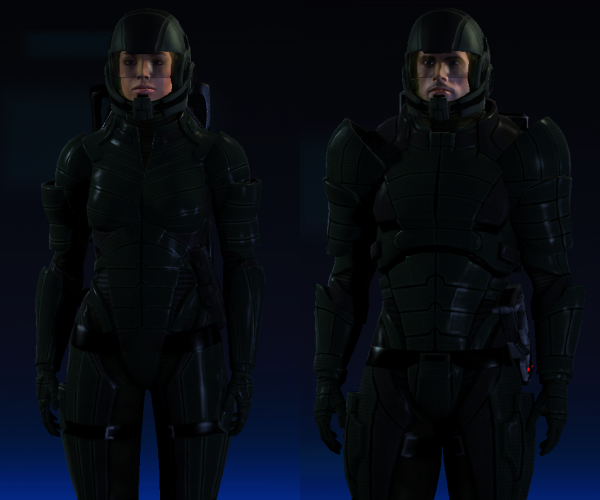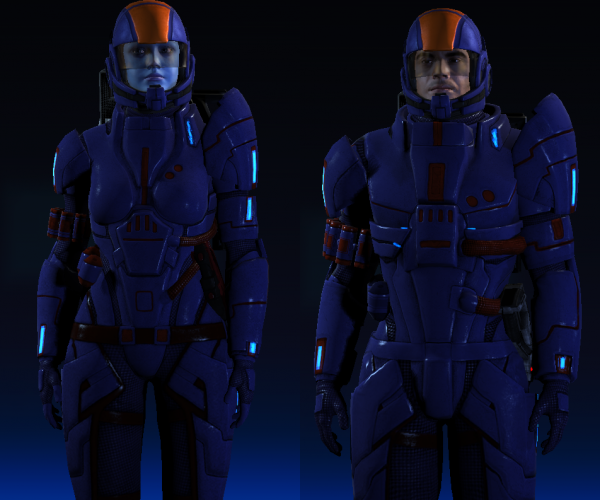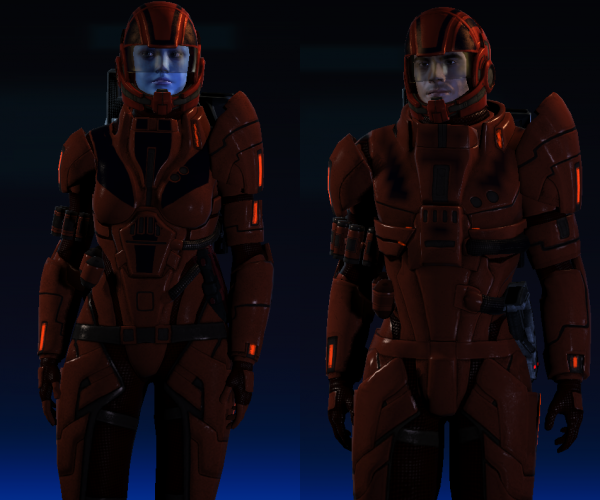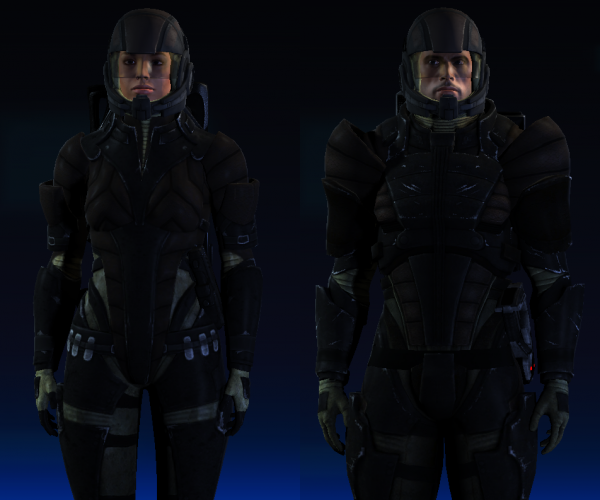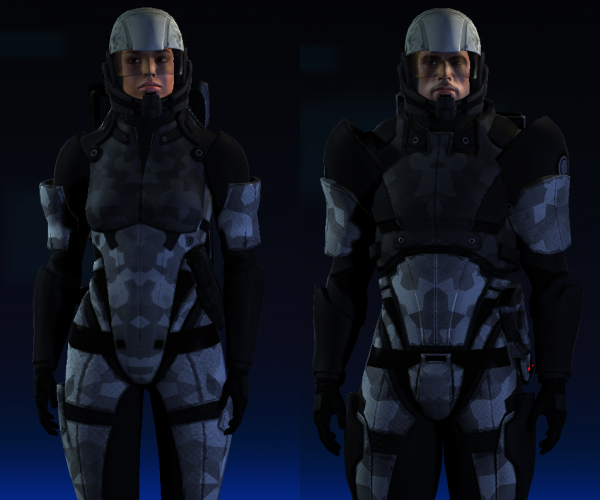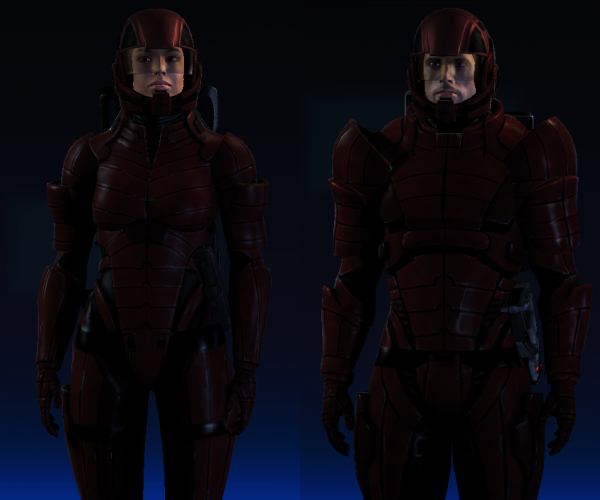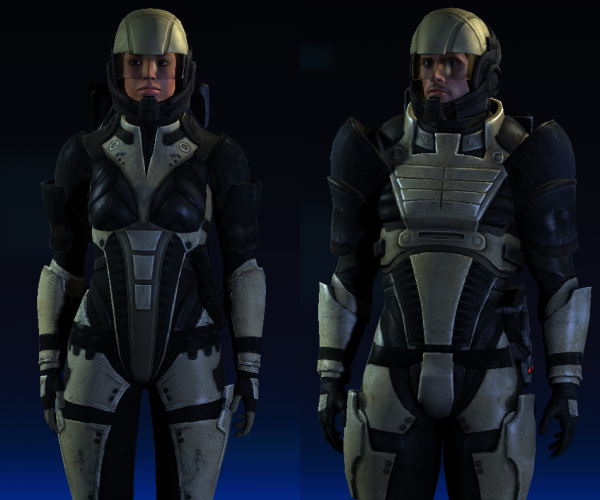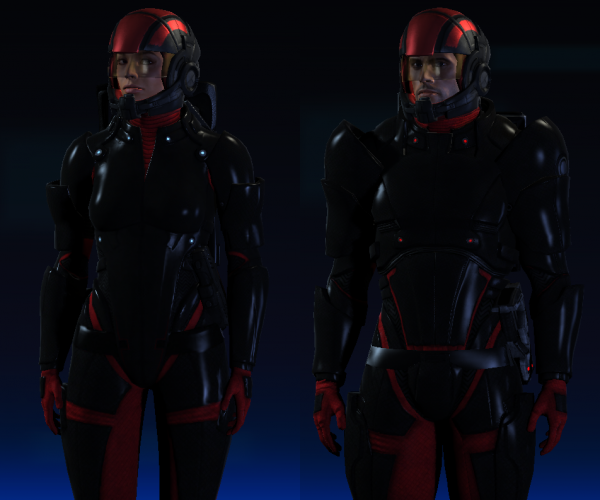Table of Contents
The Imperial Service
Overview
The imperial service is a unified service with everyone part of the same service in theory. In practice the different branches are mostly independent, but it very common for personnel to do tours of duty in other services. Having cross-service experience is good for promotions chances.
Common imperial armed services list in order of personnel from high to low
| Service | Personnel | Purpose |
|---|---|---|
| Navy | 700 mil | Defend the space of the empire |
| Army | 400 mil | Defend the planets of the empire |
| Survey | 90 mil | Scout and survey systems, maintain astrogation databases |
| Postal service | 70 mil | Deliver information and mail |
| Patrol | 35 mil | Patrol the outback and work as customs service in civilized systems |
| Marshal | 12 mil | Supplement law enforcement in the civilized systems, investigate crimes against the empire |
| Science and Environment | 1.2m | Do scientific research and environmental protection, maintain the parks and nature reserves |
| Safety | 360k | Enforce product, building, labor and many other related safety laws |
| Education and public information | 180k | Set training and certification standards and enforce compliance |
| Weapon control | 140k | Manage and control weapon ownership in civilians |
| Treasury | 130k | Handle imperial finances and Investigate major financial crimes(smaller cases are handled by other police organizations) |
| Palace guard | 120k | Protect the emperor, central imperial structures like the Parliament and do all treason investigations |
| Ranger | 90k | Provide law enforcement in the outback |
| Exterior relations | 90k | Handle contact and diplomatic liaison with other governments and alien races |
| Central Administration | 50k | Coordinate the actions between the different parts of the imperial service, maintain central imperial databases |
| Special Tactics and Reconnaissance | 2k | Do the most sensitive and demanding missions |
Most services also maintain a large reserve of people who train at least couple of weeks every year. Also most older equipment is not destroyed, instead it is either transferred to other imperial services, the noble guards or mothballed. (As example there are still more than sixty thousand TL 9 cruisers in reserve mothballs)
Note that while imperial service is pretty common(almost 1/2000 of all people when you count in the imperial reserves) and almost everyone knows someone who is in service, the combined forces of the nobles are much larger. The noble services have more than 1/100 of all people employed, of course that includes things like school teachers in many places, but even the noble combat/police forces outnumber the imperial counterparts by more than a factor of 10.
The standard wartime deployment of the armed forces is one where the noble forces form the area defense of the more important systems and the imperial forces are used as reserve, counter attacks and other strategic missions.
Ranks
| # | Official name | Alternate names | Role | Pay |
|---|---|---|---|---|
| 0 | Private 2nd Class | Spaceman 2nd class, Patrolman 2nd class, “Trooper” | 1800 | |
| 0 | Private 1st Class | Spaceman 1st class, Patrolman 1st class | 2800 | |
| 0 | Corporal | Specialist,Rated | 3600 | |
| 1 | Service Chief | Sergeant, ranger, inspector, “sarge” | Squad leader,platoon level NCO army, a normal investigator | 4050 |
| 2 | Gunnery Chief | Gunnery sergeant, ranger(older), inspector(older), “gunny” | Company and higher level NCOs in army, section chief, Leader of lesser investigation teams | 5600 |
| 3 | Operations Chief | Master Sergeant,ranger(senior), inspector(senior), “ops” | The most senior NCOs, not very common, mostly best of speacilist NCOs that are not suitable for officer | 8100 |
| 2 | Second Lieutenant | Ensign | Platoon leader army, fighter pilot,second in command of departments navy, not common in other services | 5600 |
| 3 | First Lieutenant | Master ranger | Platoon leader in army, minor star ship(like scout) commander | 8100 |
| 4 | Lieutenant Commander | Master ranger(senior), senior Lieutenant | XO, platoon leader in army, Frigate and similar captain in navy, A post commander in most other services | 11200 |
| 5 | Commander | Major | Company commander in army, most larger starship commanders in navy | 16200 |
| 6 | Senior commander | Colonel | Battalion commander in army, heavy cruiser/battleship/ commander in navy | 18000 |
| 7 | Rear Admiral | Brigade General | Brigade commander in army, Cruiser group commander in navy | 28000 |
| 8 | Admiral | General | Division commander in army, Fleet commander in navy | 40500 |
| 9 | Fleet Admiral | Major fleet commander in navy, leaders of all the other big services | 72000 | |
| 10 | Admiral of The Fleets | The commander of all imperial forces | 130000 |
In addition to the pay the soldiers also get accommodation, food, uniforms and similar covering 50% of the cost of living.
A few of the smaller specialist services have the standard full service member be equivalent to a chief. Rangers and treasury agents are the most common such, though other services are partially such too. In such cases the first rank is effectively a courtesy rank as it only affects pay and cross-service matters, but has no bearing on the daily actions.
Who is in charge
When operating in inter service matters(and service internal too) there is a question of who is in charge. There is a order of importance to the different factors as listed below.
The general rule 0 is: The most suitable/capable person should do a given thing. Higher ranks can and should give orders on what to accomplish, but not how - micromanaging requires a very good reason.
- Specific non-discretionary orders. For example a courier working on orders by a given officer can only be ordered differently by a higher ranking officer than the original task giver.
- The one placed in charge. For example a star ship commander is placed in charge of his spaceship, so the actual commanding of the star ship is done by that person. A higher ranking officer may give orders of what should be done, but not how.
- Special Tactics and Reconnaissance priority. Agents of Special Tactics and Reconnaissance have the right call priority, but that right is rarely invoked.
- Most capable/trained in thing. Example: the security of a navy ship is handled by the army troops and is managed by their commander, not the star ship captain.
- Operational authority. For example in crime investigations in the civilized systems the highest ranking Marshal is in charge even if there is someone higher ranking from some other service in the task group.
- Line of command. In most situations one should follow direct line of command. Note that this is this low in priority because in emergency situations the other considerations have higher priority.
- Rank. If there is no other priority then highest rank commands regardless of service.
Navy
see:Navy
Uniform: Blue tinted white base, with dark blue elements.
Is the “senior service” with the most pull and personnel. They are considered the most important part for defense of the empire.
Total personnel: about 700 million.
Wartime personnel: about 1.4 billion after the activation of the mothball fleets.
Mission: Defend the space of the empire
Note on ranks: Navy normally uses “Spaceman” for all privates and all NCOs are normally called just “Chief” and the commander of a starship is always “Captain” aboard their own ship and usually just “commander” outside. All admirals regardless of rank are usually just “Admiral”. Full ranks are only used in very official situations like commendations and similar, or when the full rank matters.
Army
see:Army
Uniform: Dark Green
Total personnel: about 400 million.
Active reserve: about 16 billion that train at least yearly.
Wartime personnel: about 40 billion after the activation of all reserves and general call up
Mission: Defend the planets of the empire.
Note: For unknown reasons army troops deployed on navy ships as ship troops are termed “Marines” and those deployed with the patrol are “Colonial Marines”. Those deployed for ground duty outside primary and secondary systems are known as “Colonial troops”.
Survey
see: Survey
Uniform: Light blue base, red head stripe for colonial service, the uniforms have other red elements too.
Total personnel: about 90 million.
Wartime personnel: about 120 million after the activation of the mothball fleets.
Mission: Scout and survey systems, maintain astrogation databases. In wartime picket non imperial systems.
Note: has a flatter command structure than most other services with less effective ranks in common use and with much less high ranking officers than the size of the service would indicate.
Postal service
see:Postal service
Uniform:Dark orange.
Total personnel: about 70 million.
Wartime personnel: about 115 million after the activation of the mothball fleets.
Mission: Deliver information and mail.
Note: Has much less high ranking officers that the size of the service would indicate.
Patrol
see:Patrol
Uniform: White base, red head stripe for colonial service. (armors have other red elements too)
Total personnel: about 35 million.
Mission: Patrol the outback.
Note: Uses same common rank designations as navy.
The largest ships they operate are the 3000 ton class ships: Frigates, light carriers and light assault ships, but most ships they operate are scouts and increasingly Wyvern class mini patrol ships.
Marshals
see:Marshals
Uniform: Black base. (armors have grey elements too)
Total personnel: about 12 million.
Mission: Supplement law enforcement in the civilized systems, investigate crimes against the empire.
Note: While there are many “privates”, they have way more than normal NCOs as the standard “Marshal” is a NCO. The amount of privates relative to the size of the service is about 1/3 that of the army or navy.
Science and Environment
Uniform: Black and blue base.
Total personnel: about 1.2 million.
Mission: Do scientific research and environmental protection, maintain the parks and nature reserves.
Note: They have a slight overabundance of low ranking officers due to the high number of “Science lieutenants” and similar.
Safety
see:Safety
Uniform: Greenish yellow.
Total personnel:360,000
Mission: Enforce product, building, labor and many other related safety laws
Note: The same lower number of privates as marshals due to basic inspector being a NCO.
Education and public information
See:Education and public information
Uniform: Silver and black.
Total personnel: about 180,000
Mission:Set training and certification standards and enforce compliance.
Weapon control
see:Weapon control
Uniform: Dark red
Total personnel: about 140,000
Mission:Manage and control weapon ownership in civilians.
Treasury
Uniform: Dark purple.
see:Treasury
Total personnel: about 130,000
Mission: Do financial planning and Investigate financial crimes
Palace guard
see:Palace guard
Uniform: Brownish grey and black
Total personnel: about 120,000
Mission:Protect the emperor, central imperial structures like the Parliament and do all treason investigations
Ranger
see:Ranger
Uniform: Black base, red head stripe for colonial service. (armors have other red elements too)
Total personnel: about 90,000
Mission:Provide law enforcement in the outback
Note: Almost no privates, due to the demanding nature and small groups of rangers sent out. The typical “Ranger” is a NCO. Typical ranks are “Ranger” and “Master Ranger”. Real ranks are used very seldom.
Exterior relations
Uniform: Have no uniform
Total personnel: about 90,000
Mission: Handle contact and diplomatic liaison with other governments and alien races
Central Administration
Uniform: Have no uniform
Total personnel: about 50,000
Mission:Coordinate the actions between the different parts of the imperial service, maintain central imperial databases|
Special Tactics and Reconnaissance
see:Special Tactics and Reconnaissance
Uniform: Have no own uniform, personal use either the uniform of their previous service or civilian dress.
Total personnel: about 2,000-3,000 of those about 150-200 are actual agents, rest are support(exact numbers are classified)
Mission: Do the most sensitive an demanding missions. Each agent is picked by the Emperor and each member of the support staff is picked by the agents.
Note: A typical agent will be rank 2-4 in the military, but their only command structure is within their team, the next step up from team leader is the emperor.

